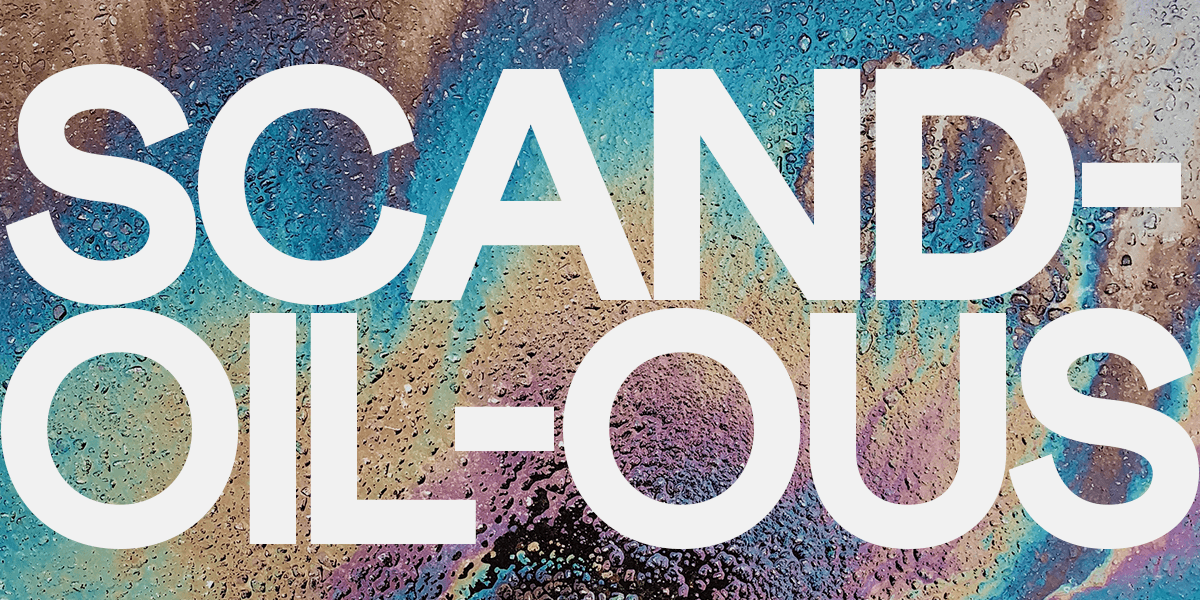
Scand-oil-ous
A physical property known by 4th graders could have saved markets from hundreds of millions in losses and bankruptcies.
A physical property known by 4th graders could have saved markets from hundreds of millions in losses and bankruptcies.
In the 1950s, soybean oil was growing in popularity in the States. A country raised on butter and lard was turning to a lighter, tastier alternative. Commodities trader Tino De Angelis noticed the trend and opened his own soybean farm: Allied Crude Vegetable Oil.
After some years in operation, Tino succumbed to greed and a sense of invincibility. He discovered that he could use his soybean supply as collateral against loans from American Express. With the newly acquired capital, he planned to buy soybean futures, corner the market, and increase the value of his futures and soybeans. Completely illegal.
So, where does the science come in? Of course, oil floats on water. Tino had filled his oil tanks with water, so it appeared he had more stock. With more collateral, a greater loan was possible. Representatives from the bank only checked the top of each tank. Also completely illegal.
Having executed his plan to perfection so far, a whistleblower contacted Amex revealing De Angelis’ secrets. The revelation led to a 20% fall in soybean futures. Allied and Tino were pushed into bankruptcy overnight as lenders demanded their funds. American Express was forced to foot the bill as the stock price dived. Later in the week, JFK was assassinated, pushing stocks down further.
Interestingly, it was Warren Buffett who capitalised the most. With $AXP down by 40%, Buffett assumed a 5% position, which rose by 1000% within the decade.
Read the full story in all its detail here.